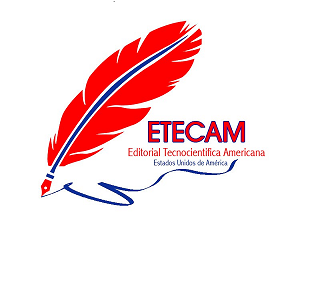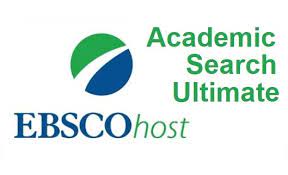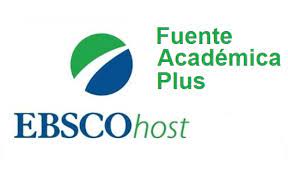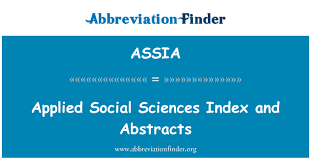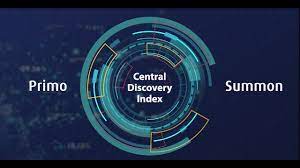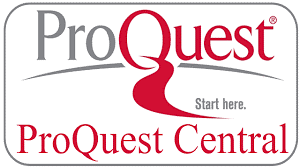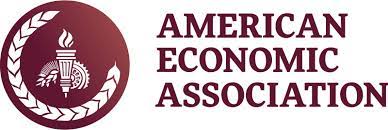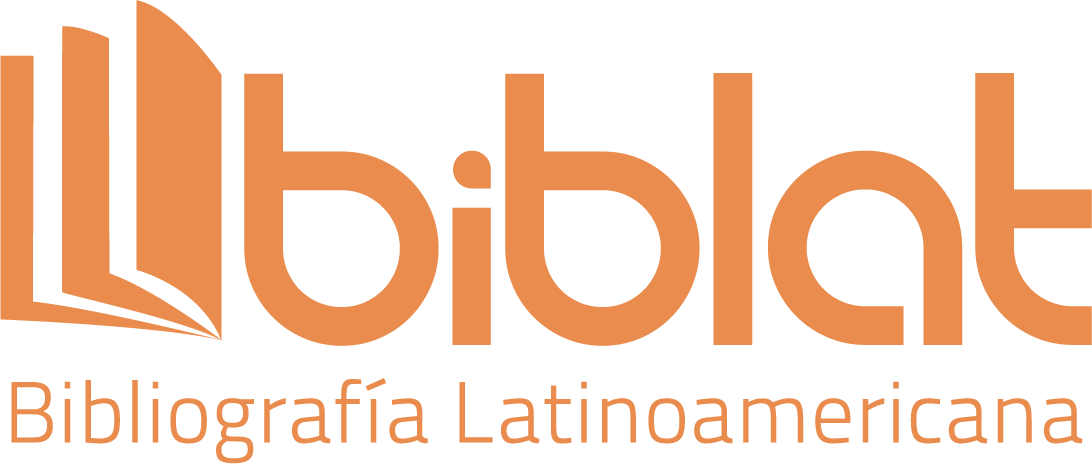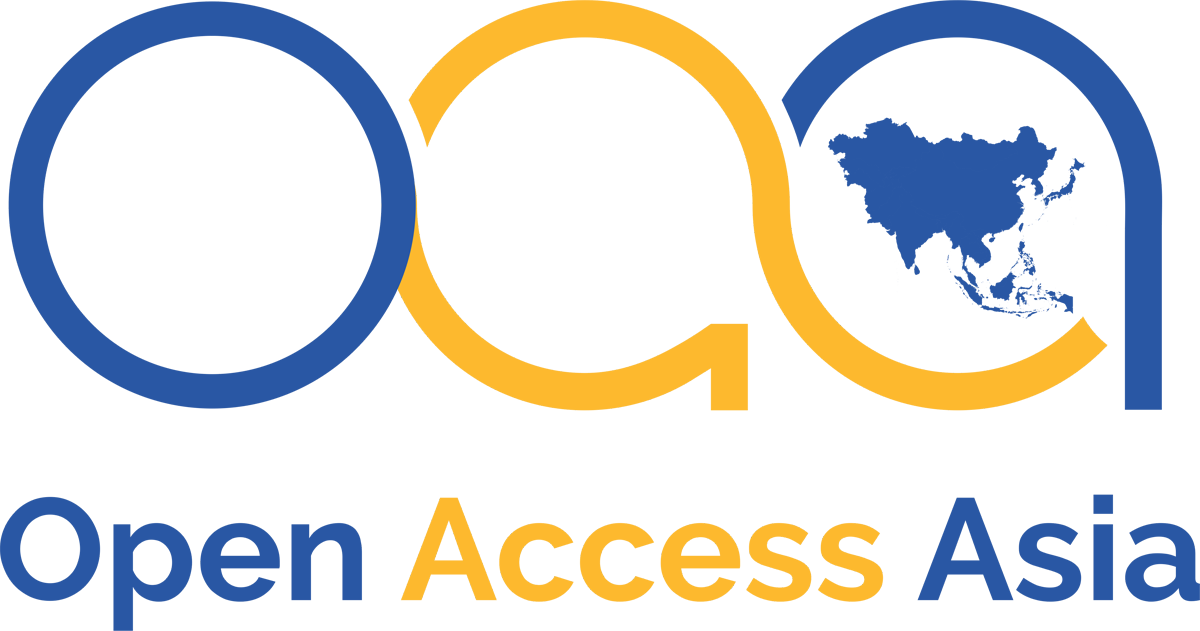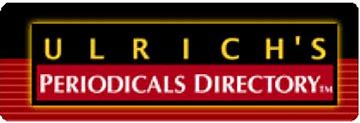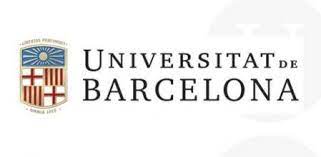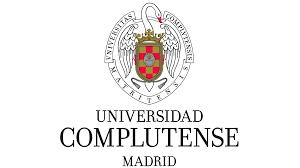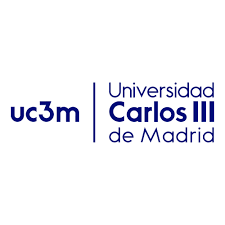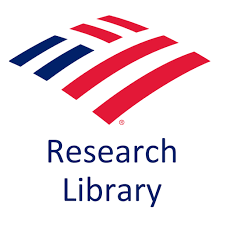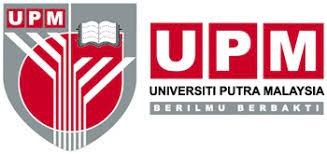Digital tools in the learning of language and literature of the students of the third year of the Educational Unit Ibarra City
DOI:
https://doi.org/10.51736/sa.v6i4.165Keywords:
digital tools, language and literature, education, third grade, teaching-learningAbstract
The integration of digital tools in teaching is a topic of growing relevance in the educational field. The objective of this study was to design and evaluate a system of actions aimed at strengthening the teaching-learning process in the area of Language and Literature, through the use of the potential offered by digital tools. The sample comprised 18 teachers and 64 third grade students of the Ciudad de Ibarra Educational Unit, during the 2022-2023 academic period. A mixed approach was employed, combining quantitative and qualitative data collection, as well as evaluation by expert judgment. The results revealed a diverse level of competence in the use of digital tools by teachers, and a varied experience of students in school digital activities. A system of actions was designed that included activities such as online reading, interactive exercises and videoconferences. The evaluation by expert criteria showed that the proposed actions were coherent with pedagogical principles, curricularly relevant and effective in improving the teaching-learning process. Despite the challenges identified, such as the need for ongoing training, this study underscores the importance of technology integration in education and its potential to enrich the learning experience of students in the area of Language and Literature. These findings contribute to the growing body of knowledge on the successful implementation of digital tools in the educational context.
Downloads
References
Adoumieh, N. (2021). La didáctica de la lengua mediada por las TIC Storyjumper como propuesta innovadora en la creación de cuentos. Revista Perspectivas, 6(1), 101–113. https://doi.org/10.22463/25909215.2928
Aguza, L. M. A. (2020). Hacia una didáctica de la lengua y la literatura comunicativa. Opción: Revista de Ciencias Humanas y Sociales, (92), 628-650.
Arcentales-Fajardo, M., García-Herrera, D., Cárdenas-Cordero, N., & Erazo-Álvarez, J. (2020). Canva como estrategia didáctica en la enseñanza de Lengua y Literatura. CIENCIAMATRIA, 6(3), 115-138. https://doi.org/10.35381/cm.v6i3.393
Cervatos, T. (2022). Una pedagogía enredada: una mirada más allá de la dicotomía pedagogía-tecnología. Ciencia y Educación Postdigital, 4 (3), 711-728.
Córdova, C. A. V., Salazar, A. Z. C., Álvarez, J. C. E., & Herrera, D. G. G. (2020). Retos de docentes en la enseñanza de Lengua y Literatura en tiempos de pandemia. Revista Arbitrada Interdisciplinaria Koinonía, 5(5), 200-232.
Fawns, T. (2022). An Entangled Pedagogy: Looking Beyond the Pedagogy—Technology Dichotomy. Postdigit Sci Educ 4, 711–728. https://doi.org/10.1007/s42438-022-00302-7
Genova, M. M. (2019). 21st century language classroom with digital tools and resources. Industry 4.0, 4(3), 142-145.
González, R. O., & Ricalde, D. C. (2021). Aproximaciones a una metodología mixta. NovaRua: Revista Universitaria de Administración, 13(22), 65-84.
Guamán, C. A. L., & Carmona, C. S. V. (2021). Estrategias lúdicas para el aprendizaje de las macro destrezas en Lengua y Literatura. Uniandes Episteme. Revista de Ciencia, Tecnología e Innovación., 8(4), 552-566.
Haleem, A., Javaid, M., Qadri, M. A., & Suman, R. (2022). Understanding the role of digital technologies in education: A review. Sustainable Operations and Computers, 3, 275-285.
Jiménez, R. B. R., Quingaluiza, J. R. S., Naranjo, W. A. N., & Chagñay, P. G. B. (2023). Explorando la aplicación de los recursos audiovisuales como Material Didáctico para la enseñanza de Leyendas Tradicionales. Polo del Conocimiento, 8(8), 811-843.
Kucirkova, N., & Cremin, T. (2018). Personalised reading for pleasure with digital libraries: towards a pedagogy of practice and design. Cambridge Journal of Education, 48(5), 571-589. https://doi.org/10.1080/0305764X.2017.1375458
Loja, E. (2020). Diseño de políticas de TIC para la educación en el Ecuador: el caso de la Agenda Educativa Digital 2017-2021. Revista Estudios de Políticas Públicas, 6(1), 1-19.
Macías, Y. M., & Acuña, R. W. (2022). El uso de herramientas tecnológicas en el aprendizaje de lengua y literatura en estudiantes de segundo de básica. MQRInvestigar, 6(4), 621–645. https://doi.org/10.56048/MQR20225.6.4.2022.621-645
Mendieta, G. N., & García, R. C. M. (2018). Las TIC y la educación ecuatoriana en tiempos de internet: breve análisis. Espirales Revista Multidisciplinaria e Investigación, 2(15), 1-15.
Moreira, H. J., & Bravo, R. (2022). Estrategias didácticas creativas que inciden en el aprendizaje significativo en ambientes virtuales de lengua y literatura. Revista Innova Educación, 4(4), 167-177.
Paladines, L., & Galeano, M. F. Á. (2022). La enseñanza de la Lengua y la Literatura en tiempos de pandemia en la Región Sur de Ecuador. Revista de Educación, (25.1), 379-395.
Pérez-Escoda, A., Castro-Zubizarreta, A., & Fandos-Igado, M. (2016). La competencia digital de la Generación Z: claves para su introducción curricular en la Educación Primaria. Comunicar, 24(49), 71-79. https://doi.org/10.3916/C49-2016-07
Selwyn, N., Hillman, T., Bergviken Rensfeldt, A. , & Perrotta, C. (2023). Digital Technologies and the Automation of Education — Key Questions and Concerns. Postdigit Sci Educ 5, 15–24 https://doi.org/10.1007/s42438-021-00263-3
So, W.W., Chen, Y. & Wan, Z. (2019). Multimedia e-Learning and Self-Regulated Science Learning: a Study of Primary School Learners’ Experiences and Perceptions. J Sci Educ Technol 28, 508–522. https://doi.org/10.1007/s10956-019-09782-y
Published
How to Cite
Issue
Section
License
Copyright (c) 2023 Elvia Alicia Bastidas Chamorro, Meiber Mireya Caicedo Angulo, Wilber Ortiz Aguilar

This work is licensed under a Creative Commons Attribution-NonCommercial-ShareAlike 3.0 Unported License.













